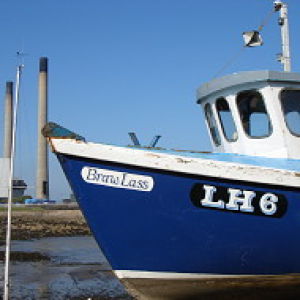Henry Dundas, 1st Viscount Melville
I worked in the office today. It was quiet, as only me and one other colleague in, then our boss appeared in the afternoon. That allowed me to get on with stuff, given I had a very unproductive day yesterday.
I did manage to get out for some fresh air at lunchtime. It was sunny and bright, but chilly. I had expected rain for some reason (I am not sure why), so had worn my waterproof coat, which is not all that warm.
I left in good time this evening and managed to catch the same bus as TT. He was already on it when I got on, but I had to stand for a while before I got a seat. He didn’t give his seat up for me!!
We got home to find a worn out BB. He wasn’t up to rugby training, so we found him on the sofa. We were delighted to hear that his UCAS form has been submitted at last – with twenty four hours to spare!! What a relief. He likes to take things to the wire.
Later I popped out to get him something for lunch tomorrow. He’s still off his food, so I thought I would get him something that he would definitely eat.
This is the Melville Monument in St Andrew’s Square. Following considerable controversy a few years ago, the plaque at the monument was changed, and now reads as follows:
“On the plinth at the centre of St Andrew Square stands a neoclassical column with a statue at the top. This represents Henry Dundas, 1st Viscount Melville (1742 – 1811). He was the Scottish Lord Advocate and an MP for Edinburgh and Midlothian, and the First Lord of the Admiralty. Dundas was a contentious figure, provoking controversies that resonate to this day. While Home Secretary in 1792 and first Secretary of State for War in 1796 he was instrumental in deferring the abolition of the Atlantic slave trade. Slave trading by British ships was not abolished until 1807. As a result of this delay, more than half a million enslaved Africans crossed the Atlantic. Dundas also curbed democratic dissent in Scotland.
"Dundas both defended and expanded the British empire, imposing colonial rule on indigenous peoples. He was impeached in the United Kingdom for misappropriation of public money and although acquitted, he never held public office again. Despite this, the monument before you to Henry Dundas was funded by voluntary contribution from officers, petty officers, seamen and marines and erected in 1821, with the statue placed on top in 1827.
"In 2020 this was dedicated to the memory of the more than half a million Africans whose enslavement was a consequence of Henry Dundas’s actions."

Comments
Sign in or get an account to comment.


